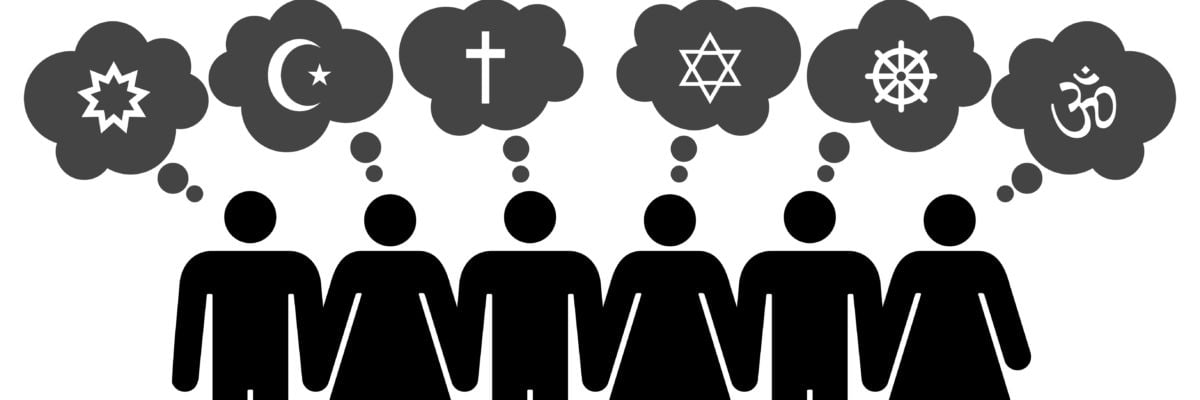
DAY 114
CHALLENGE
“The Catholic Church is too inclusive when it says non-Christians can be saved. Jesus said, ‘I am the way, and the truth, and the life; no one comes to the Father, but by me’ (John 14:6), and Peter declared, ‘There is salvation in no one else, for there is no other name under heaven given among men by which we must be saved’ (Acts 4:12).”
DEFENSE
Salvation is through Christ alone, but that does not mean that only Christians can be saved.
When Peter says that salvation is not found in anyone besides Jesus, he asserts that there is no Savior besides Jesus; when Jesus says no one comes to the Father but by him, he refers to his unique role in God’s plan and, implicitly, to his atoning death on the cross. However, neither Jesus nor Peter says one must consciously embrace the Christian faith or be damned. Indeed, we have good reason to think that some individuals will be saved who do not consciously embrace Christianity in this life.
For example, there is a stage in everyone’s life when we are incapable of understanding the Christian message because we are too young. Unless we are willing to consign all infants and small children to hell (or at least all unbaptized ones), then we must be prepared to say that it is possible for them to be saved despite their lack of conscious faith in Jesus.
Similarly, righteous Jews before the time of Christ did not know that Jesus of Nazareth would be the Messiah and thus did not have conscious faith in him. It certainly was not commonly expected that the Messiah would be the Son of God or die for the sins of the world. Yet we have the explicit testimony of Scripture that many were saved despite their lack of conscious faith in Jesus (Matt. 8:11; Heb. 11).
This means that people can be saved through Jesus (who is “the way, the truth, and the life”) without consciously understanding in this life that he is the means by which they are saved.
The same principle applies to others who do not know the truth of the Christian faith through no fault of their own (see Day 113). We even have hints of this when Paul says that God “overlooked” times of Gentile ignorance (Acts 17:30) and that non-Christian Gentiles may find that their consciences excuse them on the day of judgment (Rom. 2:15–16).



